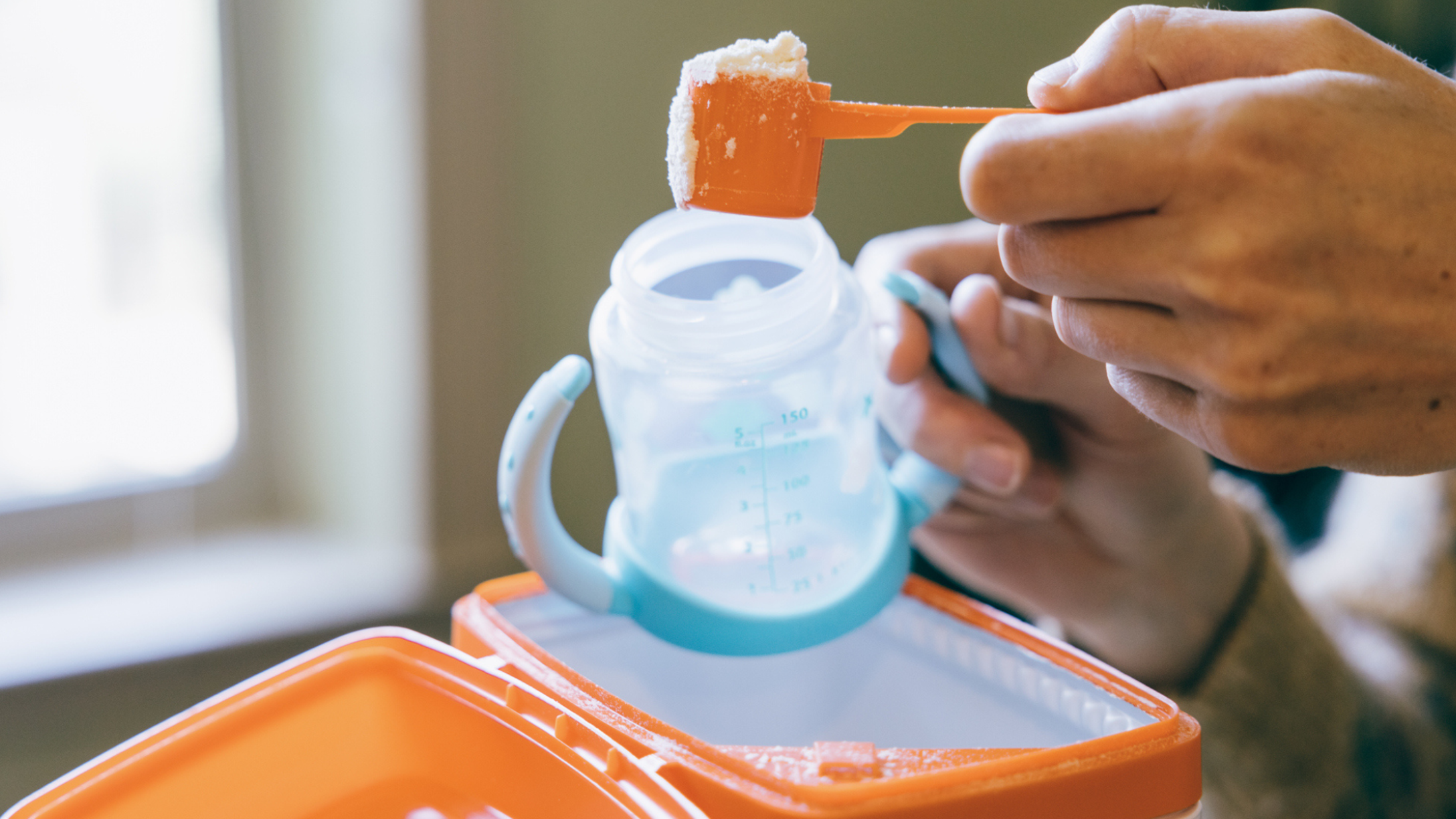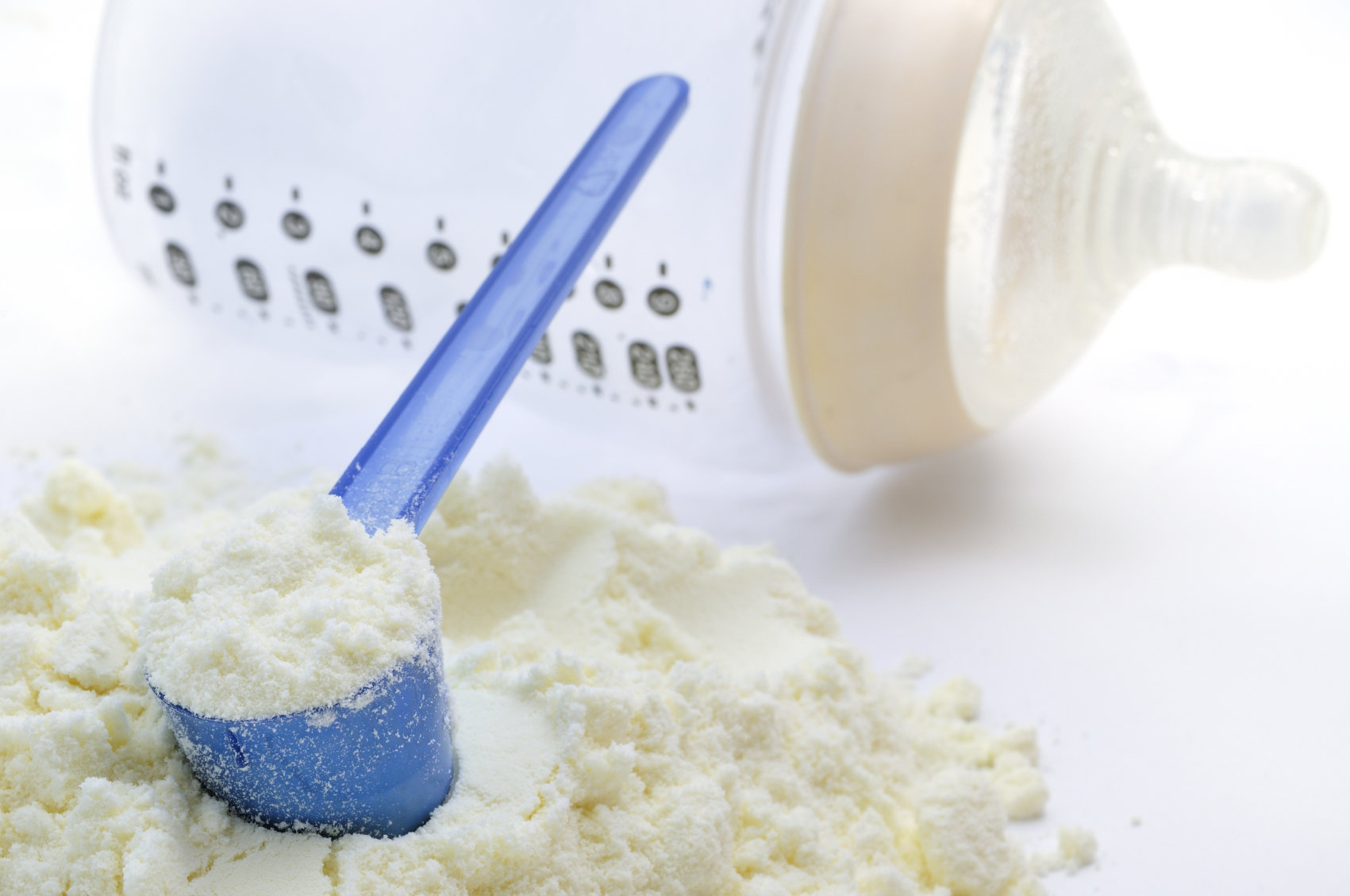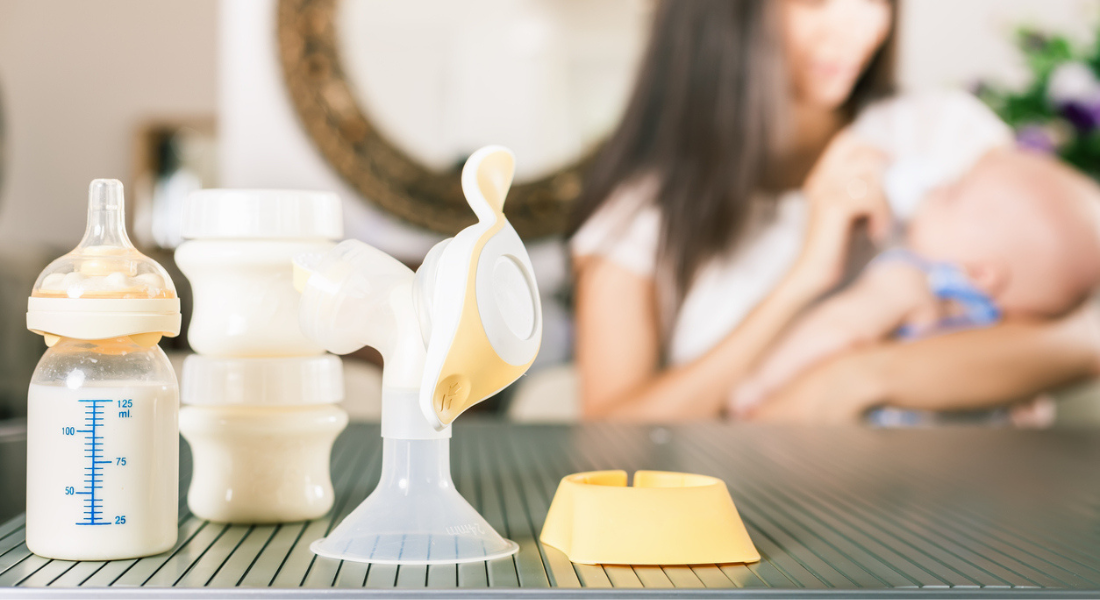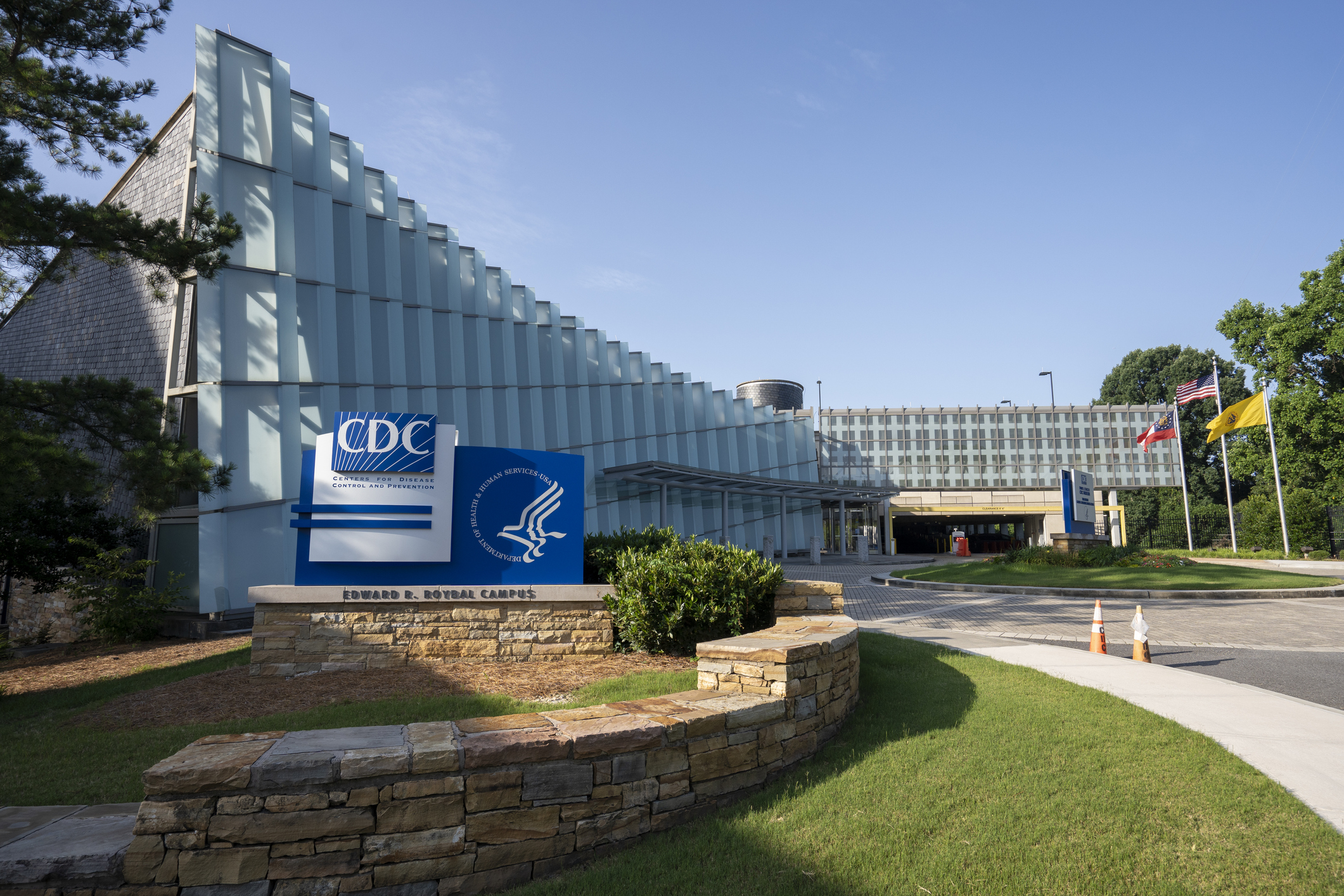
The Center for Disease Control and Prevention has released a new report linking a rare bacterial infection involving powdered infant formula and breast pump equipment to the death of one infant and a serious case in another baby. The rare bacteria is known as Cronobacter sakazakii and is believed to have caused two serious infections that occurred in 2021 and 2022.
The infection is rare, according to a report from the CDC, but it can cause sepsis and meningitis, both of which can be fatal to young infants. Investigations into these cases and potential outbreaks have linked the rare bacteria to breast pump parts, environmental circumstances in the home, opened powdered formula, and in rare cases, unopened powdered formula and formula manufacturing facilities.
One of the babies made a full recovery.

The first case, which occurred in 2021, was a baby boy who was hospitalized for fever and other symptoms. He was given intravenous antibiotics for 21 days and made a full recovery, the CDC report showed.
Before being admitted to the hospital, the infant had been given both expressed breast milk and powdered formula. Strains of the bacteria were found in an opened container of powdered formula from the patient's home but were not identified in other unopened formula from the same lot as the container the patient had been fed from.
Sadly, the other was a preemie baby who did not survive.

The second case, occurring in 2022, was a baby boy born prematurely. He was being treated in the NICU for complications. His illness began at 20 days, and the rare bacteria was isolated from blood and cultures. Sadly, he died 13 days after the illness started despite being given antibiotics.
The report shows that the C. sakazakii bacteria was found on breast pump parts used in the patient's home. The parts were reportedly cleaned and sanitized in the household sink. They were sometimes assembled, however, before they were fully dry.
What can parents do to prevent this?
The CDC is recommending that caregivers and parents of infants follow safe practices for hygiene, storage practices, and preparation for formula and handling and cleaning breast pumping equipment at all times. The agency recommends careful cleaning, sanitizing, and drying of breast pump equipment to prevent this devastating infection.
Safe preparation and storage of powdered infant formula — including all surfaces to be sanitized and dried, as well as feeding items and hands to prevent germs — should also be a priority. Additionally, formula containers should be kept closed when not in use, and scoops should be kept clean and dry.
The CDC also recommends hospitals help prepare parents.

The agency recommends that hospitals that provide care to infants in critical condition and premature infants consider providing a basin for cleaning supplies to use at home to help prevent contamination and lower risk of infection, according to the CDC's report.
"There are steps that people can take to prevent infections, including thoroughly washing, sanitizing and drying hands, equipment and all surfaces before feeding a baby," said Dr. Julia Haston, a CDC expert in pediatric infectious diseases, according to CBS News.



